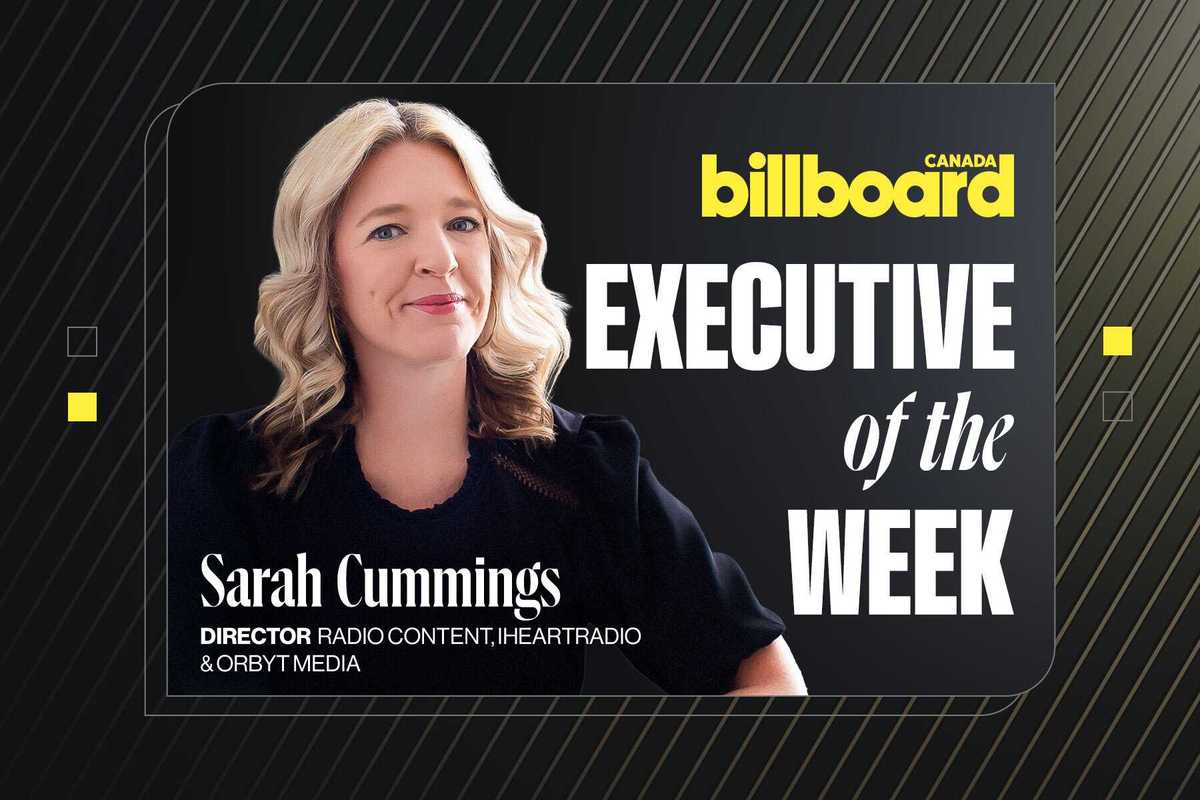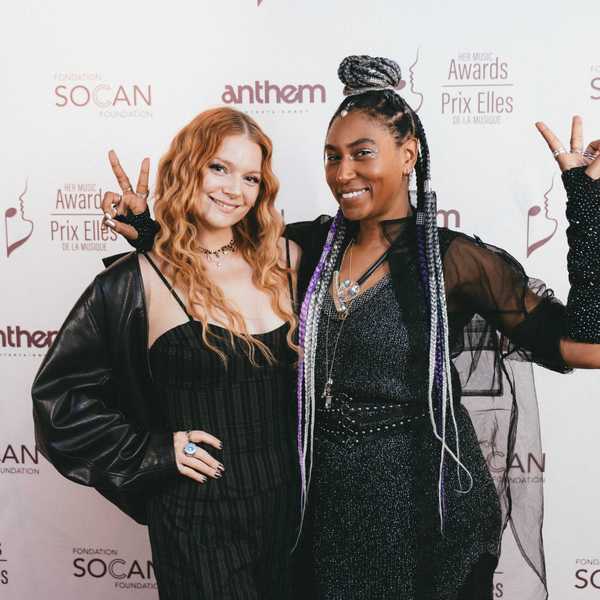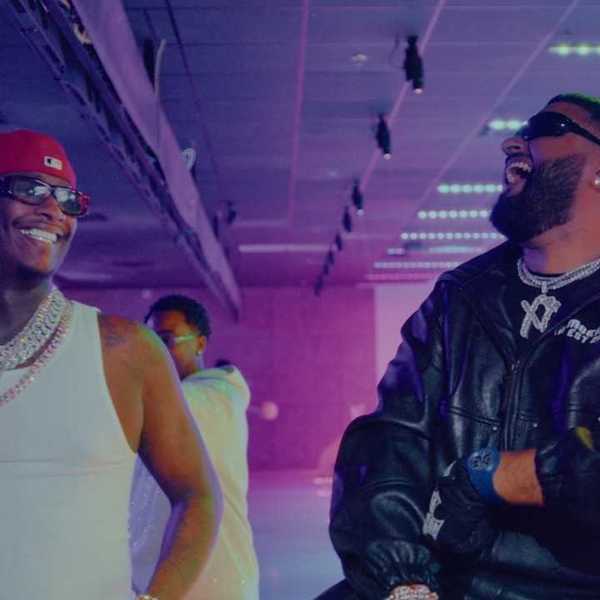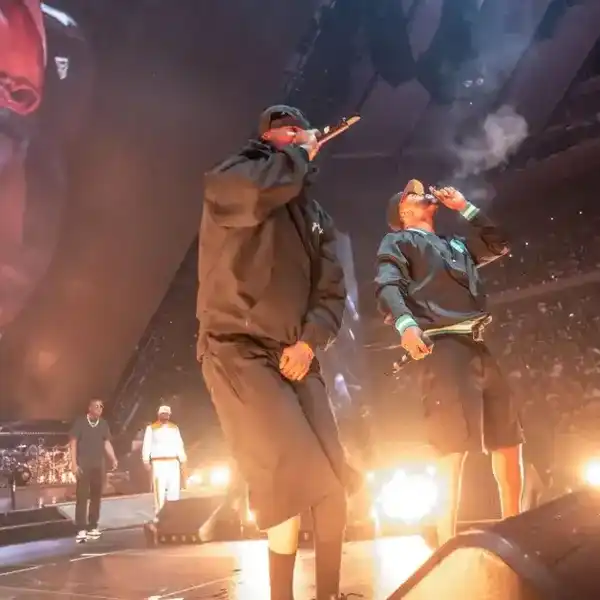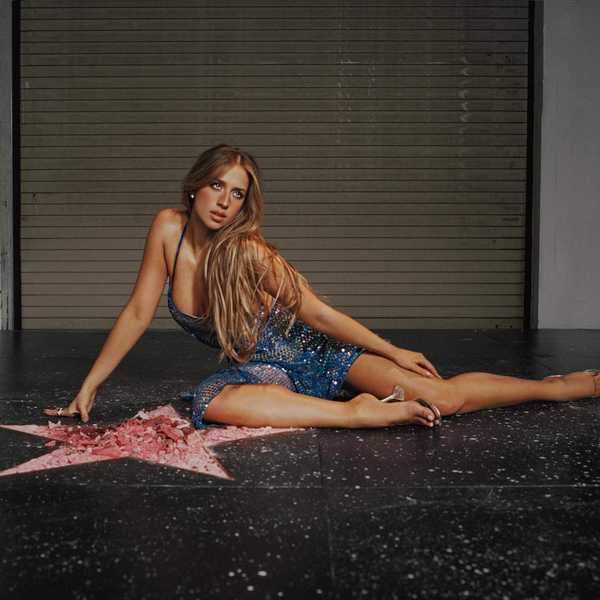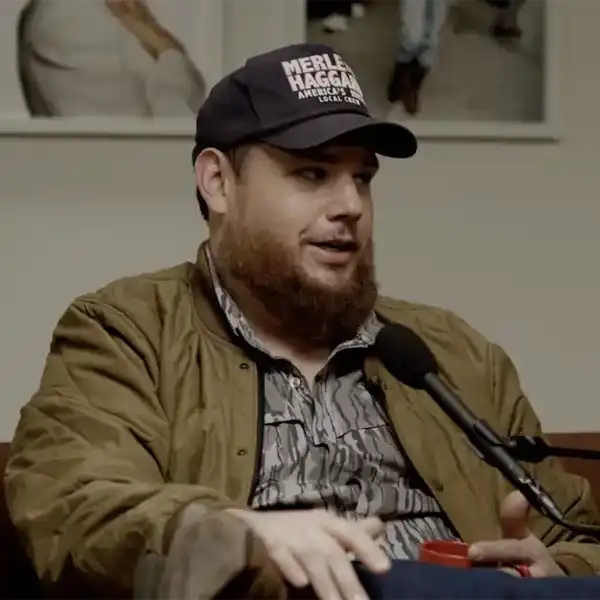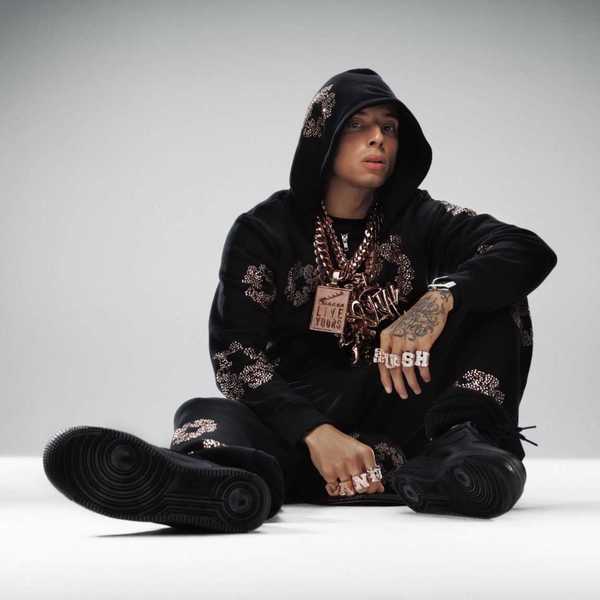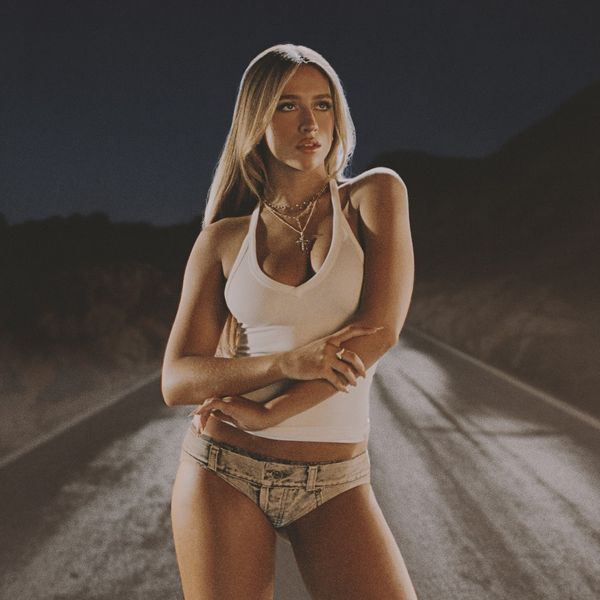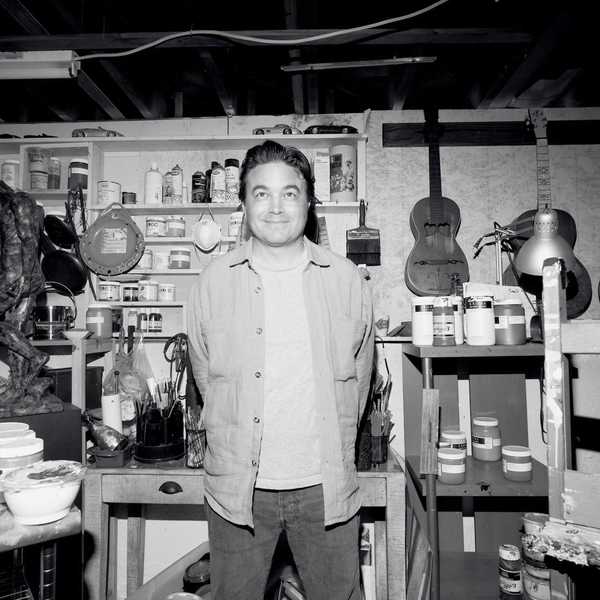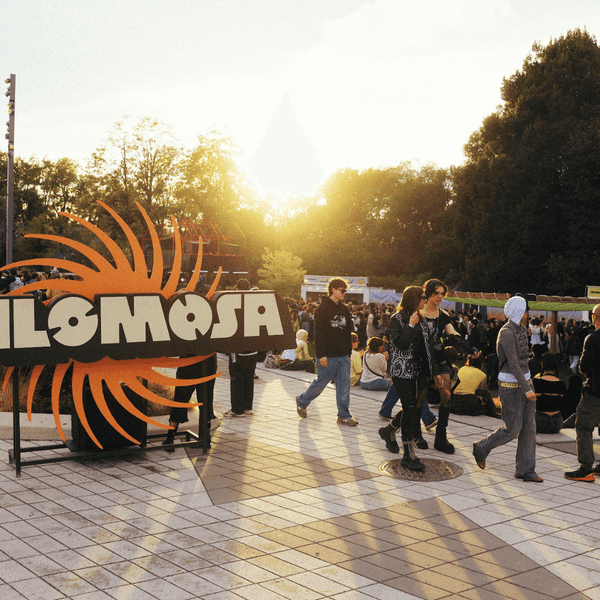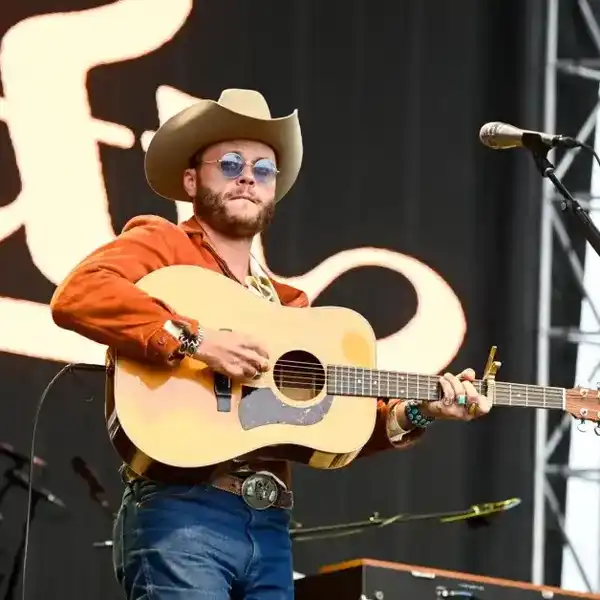A Conversation With .. Dan Hill
Conversations at this moment are of a more personable nature. Inner reflective and addressing a certain element of human resignation.
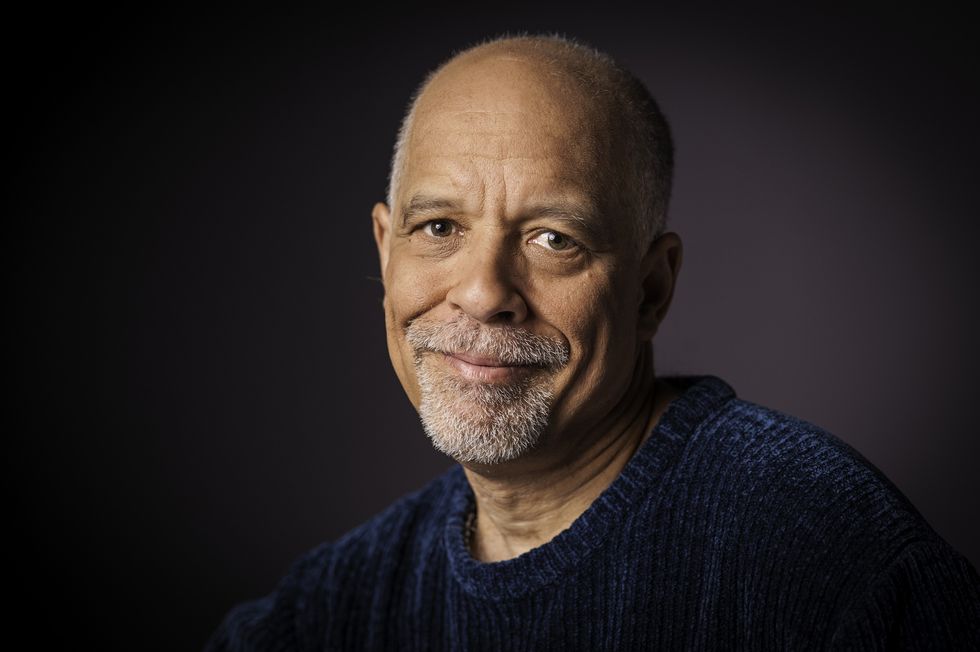
By Bill King
Conversations at this moment are of a more personable nature. Inner reflective and addressing a certain element of human resignation. Yet not when it comes to conversations about injustice or inequality, mostly the abyssal state of the world and awareness more lives will be lost, and self-isolation will continue. With 2021 at our doorstep there is hope and realization a flickering light burns at the end of the tunnel. Whereas it was considered a sign of weakness to speak openly about matters of the soul and heartache – that being the region occupied by songwriters, we as living breathing organisms have brushed off the remnants of invulnerability and openly address what is on our minds.
In the wake of George Floyd’s murder, Dan Hill was asked to post, on Facebook, his response to centuries of the police genocide on innocent Black people. Reluctant to post a comment that could be perceived as lecturing, Dan instead wrote What About Black Lives?, positioning his song as a question, a heartfelt plea, a way of reaching out to the world, seeking connection, answers, solutions, and ultimately compassion, in the wake of the world’s 400-year history of profoundly systemic racial divide and crippling discrimination.
Here he speaks openly in our back in forth about many regions of concern. and talks about recently completing a 15-song album, On The Other Side of Here, that is to be released in January or February on Sun and Sky Records, distributed by Warner Music/ ADA. It's his first album in eleven years.
Here’s that conversation.
Bill King: Dan, we are of an age I suspect some would expect us to withdraw.
Dan Hill: It’s been my reality that people don’t behave that way and I’m not talking about myself. I think as we get older rivalries, jealousies, and competitive streaks fade away and very often the media treats you with far greater respect and reverence let us say than when you were out in your twenties.
B.K: You can take all the experiences of youth and measure them in steps - your work and life aspirations - and that trail affords a true document of a life lived.
D.H: Along with what you are saying, that’s extremely accurate and I think as we get older, we are more aware of feeling gratitude. That we are so lucky and so blessed that we were able to make a living off of (a) things we were gifted at and (b) that we truly loved. I do not think in my twenties I had any thoughts of gratitude. I was too busy scrambling after hit record after hit record, concert after concert.
B.K: Our fathers were prime figures in our lives – complex men. With that came expectations. What we were expected to achieve shaped that relationship.
D.H: That is again the magic of maturity and perspective.
B.K: Your dad was a writer and historian?
D.H: And the head of the Ontario Human Rights Commission and a very, very public figure in the media as a man constantly fighting racism and advocating for human rights.
B.K: There has been a lot of talk about Howard University, a revered black institution and sorority sisters of vice president-elect Kamala Harris - Alpha Kappa Alpha class of 1986 and the many women ingrained from Howard in politics, media, and other professional realms.
D.H: My grandfather, who had a Ph.D. in theology, taught at Howard U and frequently had Martin Luther King Jr. speak to his classes and they became regular correspondents.
B.K: What spoke to you the most?
D.H: What spoke to me aside from the obvious issues of racism that my family endured and is not often talked about is the unrelenting pressure to hyper achieve which is absolutely prevalent in the black middle and upper class. That is rarely written about. It was drilled into my siblings and myself if you were black and uneducated and unskilled, you were doomed. That had a profound effect on all of the Hill children.
B.K: What was the relationship with your Dad?
D.H: The problem was again in the upper-middle-class black tradition. Education was absolutely heralded. My father had a Ph.D., my grandfather had a Ph.D. and when my father realized I was dropping out of high school to pursue a career as a singer-songwriter he was mortified. It did not go well with my father. I think when he finally heard my songs on the radio he started to come around. It was exceedingly difficult from let’s say 12-19 when I was absolutely immersed every second of the day in music.
B.K: Are you an avid reader?
D.H: I grew up in a family with a tradition of being writers and authors and books were venerated and I read a lot and I wrote a lot. My brother Lawrence wrote a lot. It was part of the DNA of our family.
B.K: James Baldwin. Did he impact your life?
D.H: Yes, he did. I inhaled James Baldwin, Langston Hughes, and took it all in around 14 years of age.
B.K: Did the prose find a place in your writings?
D.H: In a sense yes. Interestingly, once I became famous, I recorded many songs addressing black issues and have written songs black jazz artists have recorded but, for some reason, I didn’t talk about my bi-racial background, unlike my brother and sister. Part of that was (a) I was totally immersed in music and didn’t have time to think about anything else and (b) there may have been a bit of rebellion because my father and mother were so involved in human rights and racism and they just nailed that into us day after day after day.
B.K: One of my favourite writers is Toni Morrison, another Howard University alumnus. It’s the language. In the southern states, there is a sound and shape to a sentence, a way of speaking and addressing life. Mostly those who grew up in that environment would be privy to what’s being said.
D.H: Absolutely. I don’t what to dwell on this, but my younger brother Lawrence Hill (The Book of Negroes) inhaled every book conceivable by any black author and as a result, is one of the leading writers in the world presently.
B.K: Do the two of you communicate back and forth?
D.H: All of the time. I’m writing an opinion piece for the Globe & Mail because I do dip in and out of being an author, essayist and singer-songwriter and there are certain memories of family racism that I believe had happened but wasn’t sure, so I called my brother for confirmation. I won’t go into detail about this but in 1955 my parents and I moved into Newmarket and before we moved in, there was a petition amongst the neighbours to prevent us from going on to the street. Again, I called him to get confirmation of that fact.
B.K: Writing is about accuracy. I did the same with my brother. Somewhere in the head, there’s a moment or incident that needs clarity.
D.H: Unlike songwriting.
B.K: Last summer will be remembered for many things. That vile grifter in the White House …
D.H: Just to interject for a second. The absolute evisceration of Trump by Obama I thoroughly enjoyed. The thing that he said that resonated the most was when he said, “there’s something a little off with Trump.” For some reason that hit me.
B.K: Obama has a legacy and, in a position, where he chooses to be cautious with his words, yet he knows how to say things in a manner that gets under Trump’s skin. Many of us recognized from day one what was coming and when Trump was elected, we were ready to leap from a building.
D.H: I was afraid we would all die.
B.K: I’ve written about the fact there were two pandemics – Covid-19 and a man-demic - the fraud in the White House.
D.H: Very well said.
B.H: The guy would not recognize the ferocity and devastation the Covid virus was inflicting, the hardships and loss, and carried on with his clown act – golfed through pain and suffering with no empathy or concern. I look back at Nixon and Agnew in the ‘60s and the year 1968 and last summer and I kind of measure them in similar terms. Nixon was intelligent while Agnew was a local party boss and a grifting thug.
D.H: It’s quite traditional for the VP to be the attack dog. In many respects, I’m happy you brought-up Agnew. His socialist, communist scares were the exact things Trump was spewing out almost to the word. I like you grew up in the Nixon era and detested him for the obvious reasons, but I have to say that, the transgressions of Trump far exceed any president I’ve known of in my lifetime.
B.K: Nixon was a born politician. Trump, the indifferent entertainer.
D.H: Yes, he’s obviously totally self-involved and we know from the interviews he did with Woodward he was very aware of the terrible scourge of Covid and nonetheless he built up this kind of eerie, frightening alternative universe where all science and medicine was eschewed and managed at the same time to have 72,000,000 followers that went along with it. That within itself is frightening when you think about it.
B.K: I’m thinking that eleven or twelve years on television cultivating a cult and honing his personality as a strongman played into this. Americans like that tough-guy image.
D.H: Male macho thing. Never portraying any vulnerability or weakness.
B.K: When I saw the vote in Florida and Hispanic males voting overwhelmingly for Trump and a portion of black men, I wasn’t surprised by this. There is the screen portrayal of toughness, big money and fancy estates that is appealing to certain males.
D.H: Without a doubt and no matter what you feel about Trump, he has astonishing charisma and goes personal all the time with really stinging memorable one-liners that easily stick with people that are Trump supporters. The other issue is there are class prejudices as well as racial prejudice. There are a lot of poor disenfranchised Caucasians that are very bitter who feel they have been victimized and go for Trump. Not to mention the rich who are delighted to pay less taxes.
B.K: There were those who wanted you to be vocal or write about the civil unrest last summer – George Floyd, Breonna Taylor and Black Lives Matter – but you passed and chose to put your thoughts into songs.
D.H: I must admit when it comes to public speaking, I’m not particularly good at it, although I’m very confident in my prose writing. I was really afraid I would become pontificating and judgemental. The song kind of unfolded. I play the piano every day and was already halfway through my album and Covid played to my advantage because there was nothing to do virtually, nowhere to go so all I did was write songs, articles and record songs. I first started writing a song called A Man Named Floyd and working on two songs with mirroring themes – wrote the chorus first and the moment I had that line What About Black Lives?, I knew there was something special. I’m not saying it’s like What’s Going On by Marvin Gaye, but sometimes it’s powerful to start a song with a question. That suggests you do not have the answers and that you are reaching out to the world, to the listeners for the connection and for compassion. The minute I wrote the chorus I pretty well knew I had the song.
This is one thing you’ll appreciate being a writer. In every chorus - “tired of being brutalized” there are literally a thousand words that rhyme with “ize.” I went through at least five hundred before I say “brutalized” etc. I did rewrite the verse a lot. I am kind of an avid rewriter and that is something in prose and songwriting I actually enjoy doing. Songwriting is like a puzzle. Unlike prose writing, you are always trying to figure out how to say everything with the words scanning perfectly and with the melody soaring. With the internal rhymes and external rhymes all at the same time trying to drive the narrative.
B.K: When I was younger, I often wondered what the author meant when they said they laboured over a sentence. Once you begin the process and have spent years in front of your own words, you know exactly what that means.
D.H: My brother Lawrence has a phrase, “watching the words lift off the page.” That can be the same with songwriting or prose writing. It’s when very often you take long sentences and chop them down with short sentences saying the same thing. When that happens, sometimes the writing is far more powerful.
B.K: It’s really about the editing process.
D.H: Frequently, and I’m sure this has happened to you, I am consistently in the studio re-singing lyrics that I’ve changed. Sometimes when I hear the song sung back to me, I may look to slip into a kind of objective persona and be much more able to pick things apart. There will be times I’ll go back into the studio on five different days and be very happy with my vocal yet realizing I’ve come up with a superior line.
I learned a lot in my early years writing with Barry Mann who’s had more than a hundred hits and writing with Michael Masser who wrote and produced all the hits for Diana Ross and Whitney Houston. For me, that was like going to university. When I was in that situation, I was usually the lyricist, but I watched with amazement and soaked it all in, the lessons of writing international songs.
B.K: Is there something you will not write about?
D.H: Probably not. When it comes to prose, yes. Largely due to protecting the privacy of my family or my friends. On this album, I'm very honest and speak to stark and relatable breakups with women with whom I’ve been in relationships. When I write prose, I do not talk about these women at all. I want to value their privacy. In songs, you are not mentioning any names.
B.K: Are you currently in a relationship?
D.H: I would have to say, no. This is the first time in my adult life I have been single and, to be honest, it’s really working for me now. It frees up a lot of time to get things done. As we all know, relationships are extremely complicated and often fraught with all kinds of dynamics that may not be the healthiest. At this point in my life, I’m quite happy to be single.
I believe in the power of long-lasting redemptive love. My parents were unbelievably loving and demonstrably affectionate and were married 50 years until my dad died. I have seen and have been affected, influenced, and absolutely moved by that. I believe in the promise and power of undying love.
I was married for about 34 years and we got divorced around 2014 and have to say my ex-wife by far is the best friend I have and continues to be my protector and also my lawyer. As well as being my general lawyer, she’s my entertainment lawyer. I feel very loved and protected by her and absolutely love her and although it’s an appropriate relationship - she is married - I think one of the reasons I’m not seeking out a relationship is so many features of our friendship are reminiscent of what you would hope to have in a relationship. That might be one of the things that may prevent me from reaching out to other women.
B.K: Occasionally, I think back to Paul McCartney and Linda Eastman and their relationship, how it endured and the loss he felt when she died. How she was badgered and hated as if an invasive organism. She was an incredibly brilliant photographer, mother and so supportive of McCartney. What a toll her loss took on him.
D.H: He was once quoted as saying he loves being close to his children and happy and overjoyed when they are tumbling over each other. He is and was totally healthy and loving, yes, in his relationship with Linda, but also how he interacted and loved his children.
B.K: There are fifteen songs on the album coming in January. Is there a central theme that binds? The Other Side of Here?
D.H: That’s a song that kind of addresses Covid. I wrote it in March thinking by now the song would be irrelevant. I talk about the disconnection, the paranoia, the social isolation – no one seems to be on the streets. What it is like to go to bed alone and wake up alone. I have a lot of conflict and darkness in the verse then pivot into shimmering light and transcendence in the chorus. I end up saying, “going to reach out in this wilderness of the year and there’s a light in the darkness on the other side of here.”
You never know when you are making an album what’s going to resonate the most. Usually, in my experience, people gravitated to my love songs but I found on this album I talk a lot about forgiveness, self-destruction and rising out of it. People seem to be responding to the songs that deal with the issues that are right now and bedevilling people and the nation at this moment.

